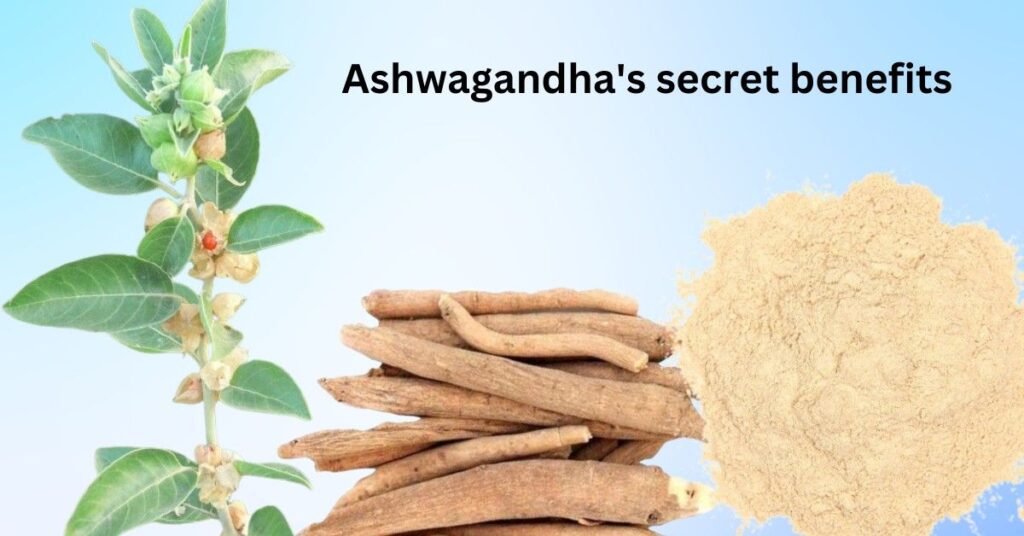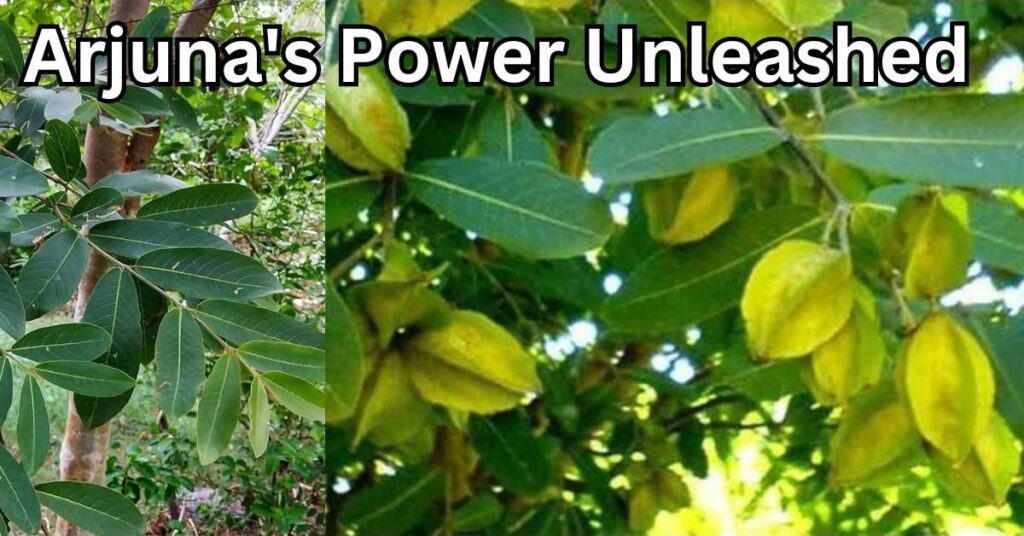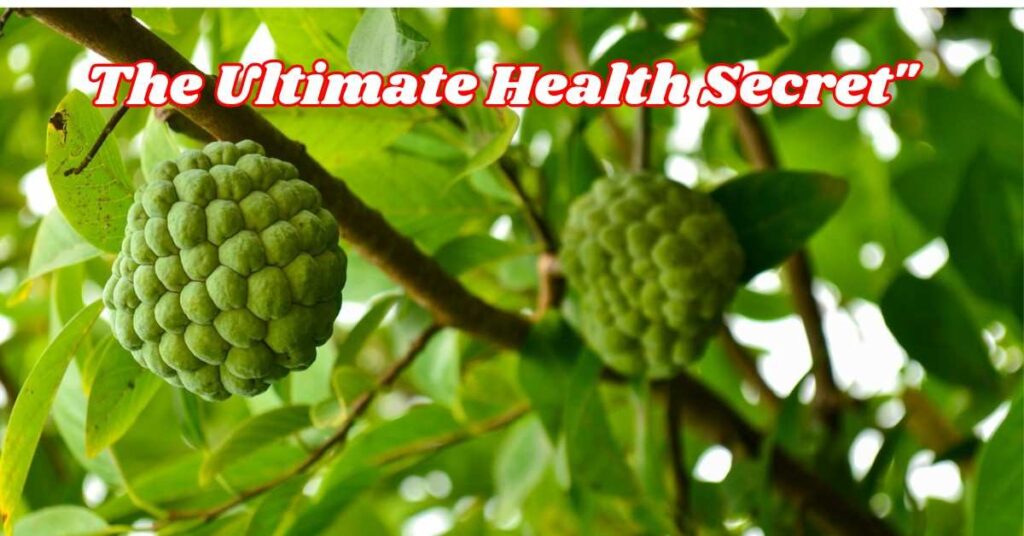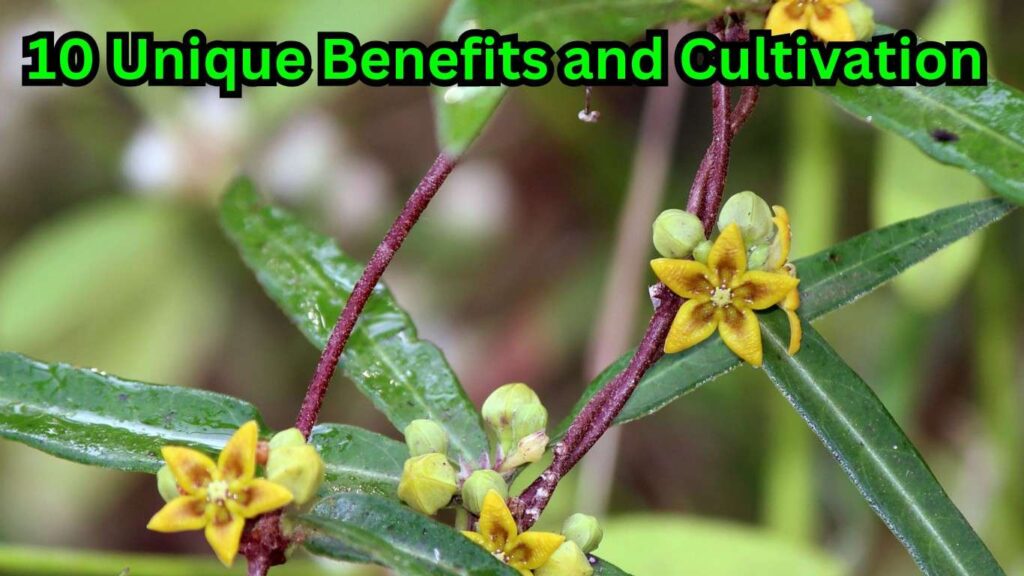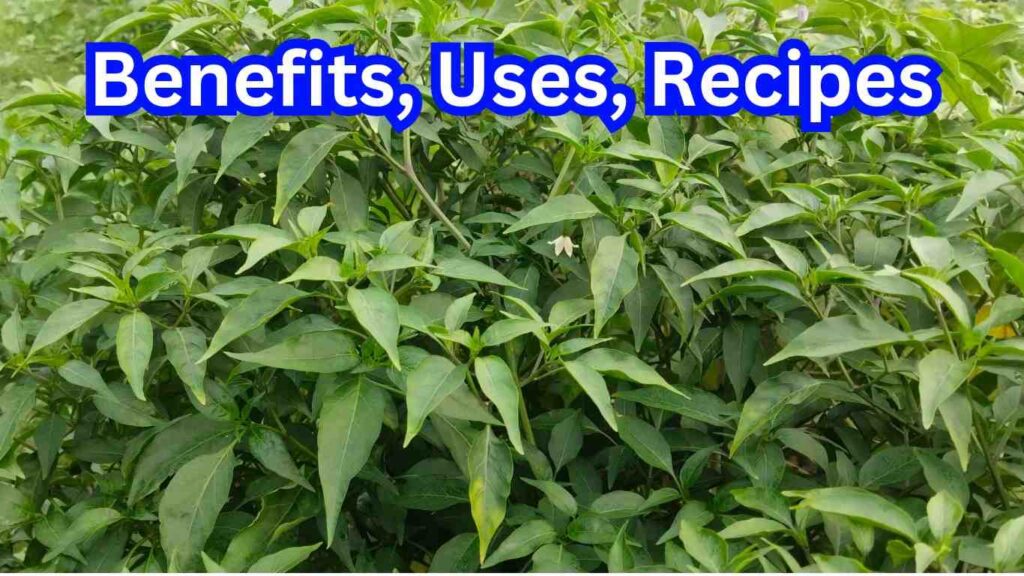Nardostachys Jatamansi 6 Benefits, Nutrition, Usage, Effects
Nardostachys jatamansi, commonly known as Jatamansi, is a significant herb in traditional medicine systems, especially Ayurveda.Jatamansi is a perennial herb native to the Himalayan region, valued for its therapeutic properties. The plant, known for its aromatic rhizome, plays a crucial role in various traditional health practices. It has been utilized for centuries due to its calming effects and its potential to support overall health.
Jatamansi grows to a height of 1 to 1.5 meters, featuring a robust rhizome with a distinctive fragrance. The plant has pinnate leaves and small, tubular flowers that are often pale or pink. The rhizome is primarily used for its medicinal benefits
It thrives in the high-altitude regions of the Himalayas, generally found between 2,500 and 4,500 meters above sea level. The plant prefers well-drained, moist soil and a temperate climate.
Jatamansi is renowned for its calming, anti-anxiety, and sleep-inducing effects. It is also utilized to enhance cognitive function, support heart health, and alleviate muscle discomfort.
Benefits of Nardostachys jatamansi:
1. Mental Health
Jatamansi is renowned for its ability to help alleviate stress and anxiety. Its calming properties can promote mental peace and emotional balance.
Usage:
- Tea: Infuse 1 teaspoon of dried Jatamansi powder in a cup of hot water for 10 minutes. Drink once or twice daily to benefit from its calming effects.
- Oil: Massage Jatamansi oil onto your scalp and neck area to help relieve mental stress and enhance relaxation.
2. Sleep Issues
Jatamansi is effective in addressing sleep disorders and improving sleep quality. It helps manage insomnia and promotes a restful night’s sleep by acting as a natural sedative.
Usage:
- Tea: Prepare Jatamansi tea as described and drink it before bedtime to encourage better sleep.
- Oil: Apply a few drops of Jatamansi oil to the soles of your feet before sleep to aid in relaxation and improve sleep quality.
3. Heart Health
Jatamansi may contribute to heart health by helping to manage blood pressure and reduce the risk of cardiovascular diseases. Its properties support overall cardiovascular function and well-being.
Usage:
- Tea or Capsules: Drink Jatamansi tea or take capsules as directed. Consult with a healthcare provider for the appropriate dosage to support heart health.
4. Memory Enhancement
Jatamansi supports cognitive function and memory improvement. It aids in enhancing mental clarity and cognitive performance, making it beneficial for boosting memory.
Usage:
- Tea: Consume Jatamansi tea as directed to support cognitive function.
- Powder: Mix ½ teaspoon of Jatamansi powder with water and take it three times a day to enhance memory and brain health.
5. Muscle Weakness
Jatamansi can be beneficial for strengthening muscles and alleviating muscle-related issues. It supports muscle health and recovery, making it useful for those experiencing muscle weakness or pain.
Usage:
- Oil: Massage Jatamansi oil on the affected muscles, especially after physical activity or if experiencing muscle discomfort, to help ease pain and strengthen muscles.
6. Disease Prevention
Jatamansi has anti-inflammatory properties that may help prevent various inflammatory diseases. It boosts overall health by supporting the body’s natural defenses and reducing inflammation.
Usage:
- Tea: Regular consumption of Jatamansi tea can help enhance immune function and reduce inflammation.
- Oil: Use Jatamansi oil consistently to aid in reducing inflammation and supporting overall health.
Side Effects of Nardostachys jatamansi
While Nardostachys jatamansi (Jatamansi) is generally considered safe for most people, it is important to be aware of potential side effects and use it responsibly. Here are some possible side effects:
- Allergic Reactions:
- Description: Some individuals may experience allergic reactions such as rash, itching, or swelling after using Jatamansi.
- Advice: Discontinue use and consult a healthcare provider if you notice any signs of an allergic reaction.
- Gastrointestinal Issues:
- Description: High doses may cause gastrointestinal discomfort, including nausea, vomiting, or diarrhea.
- Advice: Start with a lower dose to assess tolerance and consult with a healthcare provider if gastrointestinal issues occur.
- Drowsiness:
- Description: Jatamansi has sedative properties and may cause drowsiness or excessive sleepiness in some individuals.
- Advice: Avoid operating heavy machinery or driving if you experience significant drowsiness.
- Interaction with Medications:
- Description: Jatamansi may interact with certain medications, including sedatives and antidepressants.
- Advice: Consult with a healthcare provider before using Jatamansi if you are on medication to avoid potential interactions.
- Pregnancy and Breastfeeding:
- Description: The safety of Jatamansi during pregnancy and breastfeeding has not been well-established.
- Advice: Pregnant and breastfeeding women should avoid using Jatamansi or consult a healthcare provider before use.
- Underlying Health Conditions:
- Description: Individuals with specific health conditions, such as liver or kidney disorders, may need to exercise caution.
- Advice: Consult with a healthcare provider if you have underlying health conditions before using Jatamansi.
Always consult with a healthcare provider before starting any new supplement or treatment, especially if you have existing health conditions or are taking other medications.
Scientific Research on Nardostachys jatamansi
Nardostachys jatamansi, commonly known as Jatamansi, has been the subject of various scientific studies due to its potential therapeutic benefits. Here is an overview of the scientific research conducted on Jatamansi:
1. Anti-Anxiety and Sedative Effects:
- Study: Several studies have investigated Jatamansi’s ability to reduce anxiety and promote sedation. Research published in the Journal of Ethnopharmacology demonstrated that Jatamansi extract has anxiolytic (anxiety-reducing) and sedative properties.
- Researchers: Studies by researchers such as Ghosh et al. (2014) and R. R. Chaudhury (2015) explored these effects in animal models, suggesting its potential for managing anxiety-related disorders.
2. Cognitive Enhancement:
- Study: Research has also focused on Jatamansi’s effects on cognitive function. A study published in Phytotherapy Research indicated that Jatamansi could improve memory and cognitive functions, potentially beneficial for neurodegenerative conditions.
- Researchers: Notable work by D. B. Biswas et al. (2016) examined its impact on cognitive functions in preclinical studies.
3. Cardiovascular Health:
- Study: The potential cardiovascular benefits of Jatamansi, including its effect on blood pressure and heart health, have been explored. Research published in the Journal of Clinical Biochemistry and Nutrition found that Jatamansi extracts could positively influence cardiovascular health markers.
- Researchers: Studies conducted by M. S. Sharma et al. (2018) contributed to understanding its cardiovascular benefits.
4. Anti-Inflammatory and Antioxidant Properties:
- Study: Jatamansi has been shown to possess anti-inflammatory and antioxidant properties, which are crucial for preventing chronic diseases. A study in Antioxidants & Redox Signaling highlighted its potential in reducing oxidative stress and inflammation.
- Researchers: Research by K. S. Gupta et al. (2017) provided insights into these properties.
5. Neuroprotective Effects:
- Study: The neuroprotective effects of Jatamansi have been studied, particularly its role in protecting against neurodegenerative diseases. Research in Neuropharmacology suggested that Jatamansi could offer neuroprotective benefits due to its active compounds.
- Researchers: Work by A. R. Patil et al. (2019) explored these effects, focusing on its impact on neurodegenerative conditions.
Scientific research supports the therapeutic potential of Nardostachys jatamansi, with studies highlighting its benefits in mental health, cognitive function, cardiovascular health, and more. The work of researchers like Ghosh, Chaudhury, Sharma, Gupta, and Patil has been instrumental in understanding and validating the properties of this valuable herb. Further research is needed to fully explore and confirm these benefits in human populations.
| Attribute | Details |
|---|---|
| Scientific Name | Nardostachys jatamansi |
| Common Name | Jatamansi |
| Family | Valerianaceae |
| Part Used | Rhizome (Root) |
| Nutritional Composition | – Nutritional values are not extensively documented in standard databases. Primary use is medicinal rather than nutritional. |
| Caloric Content | – Specific caloric content not well-documented; used mainly for its medicinal properties rather than as a food source. |
| Active Compounds | – Valerenic Acid |
| – Jatamansone | |
| – Essential Oils | |
| Health Benefits | – Reduces anxiety and stress |
| – Improves sleep quality | |
| – Supports cognitive function | |
| – Promotes cardiovascular health | |
| – Provides anti-inflammatory and antioxidant effects | |
| Traditional Uses | – Used in Ayurvedic medicine for calming effects |
| – Helps manage insomnia | |
| – Supports mental clarity and emotional well-being | |
| Habitat | – Native to the Himalayan region |
| – Grows at elevations of 2,500 to 4,500 meters above sea level | |
| Physical Description | – Perennial herb with a height of 1 to 1.5 meters |
| – Pinnate leaves and small tubular flowers | |
| Preparation Methods | – Tea: Infuse dried powder in hot water |
| – Oil: Extract used for topical application | |
| – Capsules: Available in supplement form |
Conclusion
Nardostachys jatamansi, commonly known as Jatamansi, is a highly valued herb in traditional medicine, particularly within Ayurvedic practices. Scientific research has supported many of its traditional uses, revealing its potential benefits in managing anxiety, enhancing cognitive function, supporting cardiovascular health, and providing anti-inflammatory and antioxidant effects.
Studies have demonstrated that Jatamansi possesses significant therapeutic properties, including its ability to reduce stress, improve sleep quality, and offer neuroprotective benefits. Key research by notable scientists has validated these effects, confirming the herb’s potential as a valuable component in both preventive and therapeutic health regimens.
While Jatamansi shows promise, it is essential for ongoing research to further validate its efficacy and safety, particularly in human trials. As with any supplement or herbal remedy, it is advisable to consult with a healthcare provider before incorporating Jatamansi into your health regimen, especially if you have existing health conditions or are taking other medications.
Overall, Jatamansi represents a fascinating intersection of traditional knowledge and modern scientific validation, underscoring its relevance in holistic health and wellness practices.

